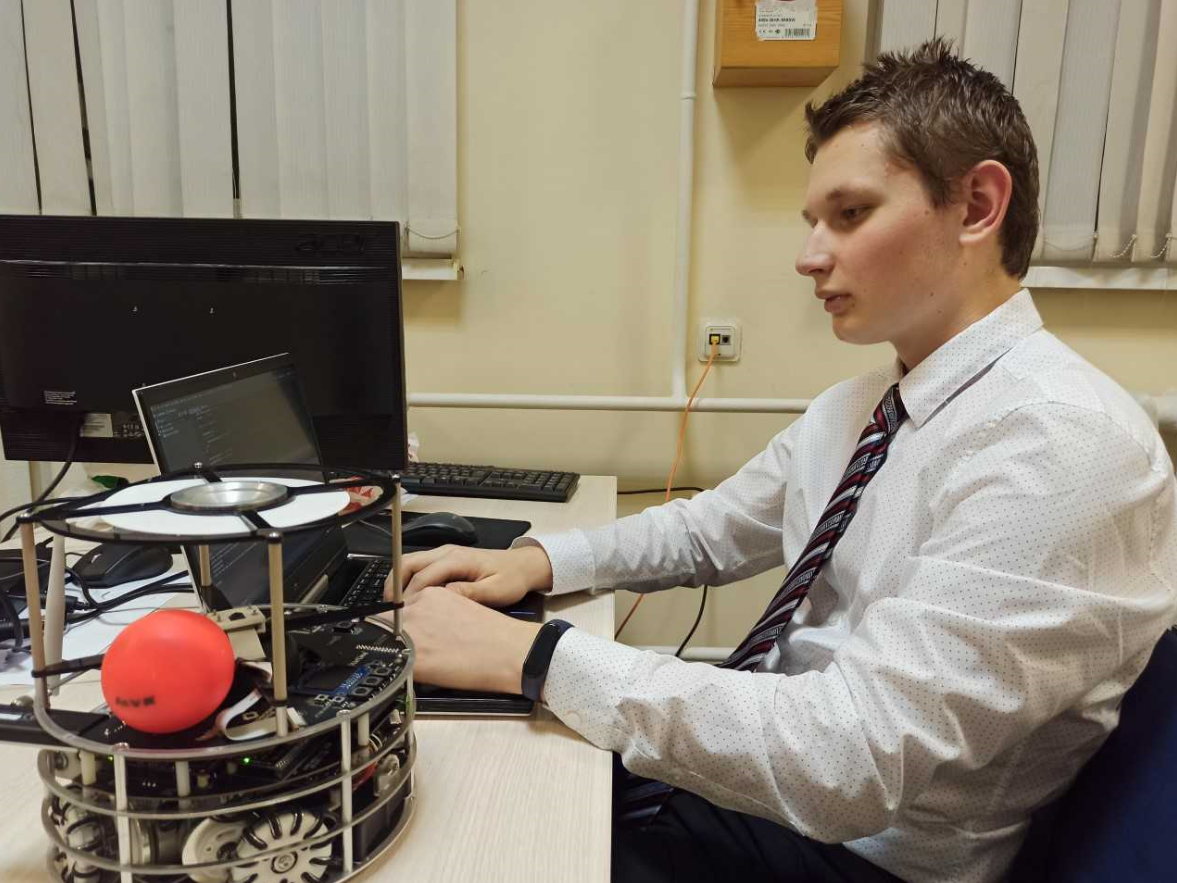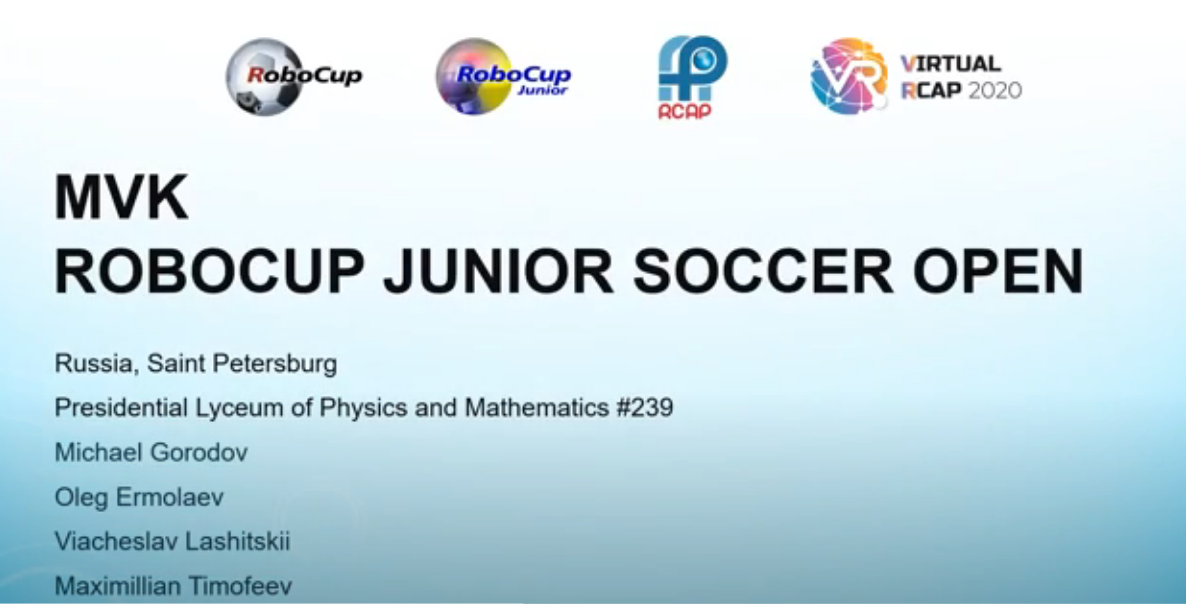"In my opinion, student robotics is less developed than the school one"
Mikhail Gorodov, a first-year student in the Data Science and Business Analytics double degree programme holds 28 diplomas in robotics. We asked him about his hobby when real football players will play with robots and his expectations from his studies.
I studied in St. Petersburg at the Presidential Physical-Mathematical School 239. We not only had robotics clubs, but we also had robotics classes from fifth to eighth grade: from fifth grade we studied Lego, algorithms, regulators, motion control and navigation. At the end of fifth grade, I went to my first national competition. In the sixth or seventh grade, radio electronics began - I was taught how to design printed circuit boards properly, trace and solder; serious applied programming had already begun.
It should be noted that robotics has been developing so rapidly at our school thanks to a whole team of teachers under the guidance of Sergei Filippov.
My first international competition was in Qatar where my team and I won second place in the junior creative category. One of them was about cleaning up the world's oceans from rubbish. The task was to create a model of an autonomous system consisting of a floating robot picking up rubbish from the surface and an underwater one picking up rubbish from the ocean floor. When the competition was still offline, I managed to visit quite a few places as part of different teams: Qatar, India, Costa Rica, Canada, Germany and Australia. The last offline international competition RoboCup Asia Pacific 2019 was in Moscow, my team won first place and the title of overall champion in the RoboCup Junior Soccer Open category - I was in tenth grade at the time.
Lately, I've been taking part in robot competitions as a team captain. I did programming and PCB design. Mostly I've been involved in robot football for Robocup competitions. Robocup is a big non-profit project aimed at the development of robotics, in particular artificial intelligence, navigation in extreme environments. By 2050, Robocup plans to create a team of robots that can beat a team of human football players.
In robot football, participants are tasked with designing, assembling and programming a team of two robots that must defeat a team of robot opponents. The terms of reference for these competitions specify the size of the robot, its maximum mass and a limit on battery voltage. The rules determine how the robots can drive according to the markings on the field.

Our task is to fully design, assemble and program the robots. We make a 3D model and then use a CNC lathe to make the individual parts: the bearing units for the motors, the wheels, the ball dribbler, the circuit boards. The latest version of the robot has a Linux-based single-board computer with C++ software and performs the tasks of navigation, motion control, ball and goal recognition and robot localization using lidar (laser radar). A microcontroller works in tandem with the single-board computer to perform low-level functions: controlling voltage to the motors, controlling the interface to start the robot, and reading data from peripheral sensors. The last task I worked on was localising the robot with a laser rangefinder. The rangefinder read out a point cloud in the form of distances to all the objects in the plane, from which the position of the robot on the range had to be determined.
In my opinion, student robotics is less developed than the school one. I think one reason is the lack of funding, as one robot for a student (adult) league, for example in robot football, can cost over a million rubles, and each team needs to have six robots on the field and a set of substitutes.
I also took part in a physics club in fifth grade and enrolled in a physics class in eighth grade. In tenth grade, I made it to the All-Russian School Olympiad in Physics, but there was no Olympiad that year. In the eleventh grade, I could not get a diploma at the physics competition, but I won a diploma in robotics in the technology category. The finals of the All-Russian School Olympiad in Technology consisted of three stages: testing, a practice round, and project defence. People in the fields of metalwork, woodworking and architecture competed with me, and places were given to everyone in one category, although the practical tasks and project directions were different. Now, unfortunately, school students' participation in international robotics competitions is not encouraged and does not count towards admission.
This year I enrolled in the Data Science and Business Analytics programme. I really enjoy studying in the two-degree program. At the Faculty of Computer Science, I want to get good at maths and programming and do research.
I have been selected for a pilot group with a more complex maths and programming curriculum. Since everything is in English, so far only the teacher speaks freely. The programme taught entirely in English is very interesting, I like it. In maths, many terms have become clearer, because most of them are the same as in English. On the first day, we were told that we wouldn't have all As, but so far I have almost all homework marked A.
Despite the fact that I had to take out a state-supported educational loan to study on the programme, I am confident that I made the right choice by enrolling at the HSE University.

